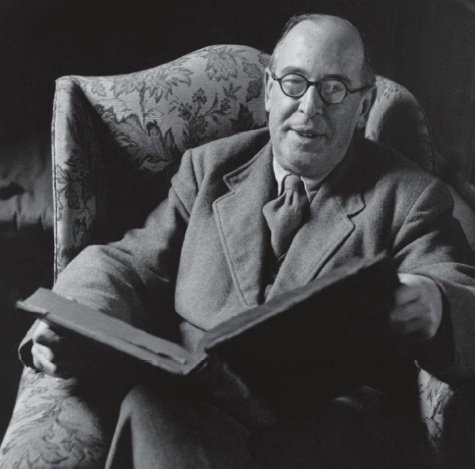
I have no problem re-reading the works of C. S. Lewis. It’s been a few years now since I did an initial re-reading of The Four Loves. I’m now entering my second re-reading and finding things I didn’t remember.
I’m the kind of person who marks up a book so I can go back to those particular passages that had meaning for me. As I’m going through The Four Loves again, I find myself adding to the markings—words and phrases that stand out in a way they hadn’t previously. I seem to have forgotten that one doesn’t have to jump immediately into the chapters dealing specifically with the four loves in order to taste of Lewis’s wisdom. His chapter on “Likings and Loves for the Sub-Human” is just as illuminating.
For instance, when he takes on the love of nature, he gives this bracing comment: “If you take nature as a teacher she will teach you exactly the lessons you had already decided to learn.” Lewis wants us to de-romanticize nature and put it in its proper Christian context. “Nature,” he says, “never taught me that there exists a God of glory and of infinite majesty. I had to learn that in other ways.” As a young boy, I recall lying on the grass outside my house and looking up at the sky in the evening: beautiful clouds and poignant rays of the sun piercing through. I was in awe and knew there was something greater than the mere physical. Yet even such an awe-inspiring experience didn’t give me specific knowledge of God. We have to learn that in other ways.
What nature can do, Lewis notes, is awaken “certain longings” that might not have existed otherwise. He adds,
Of course the fact that a Christian can so use nature is not even the beginning of a proof that Christianity is true. Those suffering from Dark Gods can equally use her (I suppose) for their creed. That is precisely the point.
Nature does not teach. A true philosophy may sometimes validate an experience of nature; an experience of nature cannot validate a philosophy.
Nature will not verify any theological or metaphysical proposition (or not in the manner we are now considering); she will help to show what it means.

What Lewis is doing in this passage is not, as some might think, demeaning nature as God’s creation. He believed as much as anyone that it points to God. What it cannot do, though, is take the place of the means of grace God has provided. Nature can be a help in coming to a realization of God’s glory, but it cannot offer specifics. Too many people think that simply immersing themselves in nature will provide all the answers. Lewis most definitely disagrees:
We must not try to find a direct path through it and beyond it to an increasing knowledge of God. The path peters out almost at once. Terrors and mysteries, the whole depth of God’s counsels and the whole tangle of the history of the universe, choke it. We can’t get through; not that way.
What, then, is the proper path?
We must make a detour—leave the hills and woods and go back to our studies, to church, to our Bibles, to our knees. Otherwise the love of nature is beginning to turn into a nature religion. And then, even if it does not lead us to the Dark Gods, it will lead us to a great deal of nonsense.
Knowledge of God must include the specifics of an explanation of the tragedy of man’s sin and how that is overcome through what Christ has done for us. Nature cannot lead us there; for that we need the Bible, prayer, and fellowship. But then when we have found the truth, we can more fully grasp the love of God through the beauty of what He has created.

